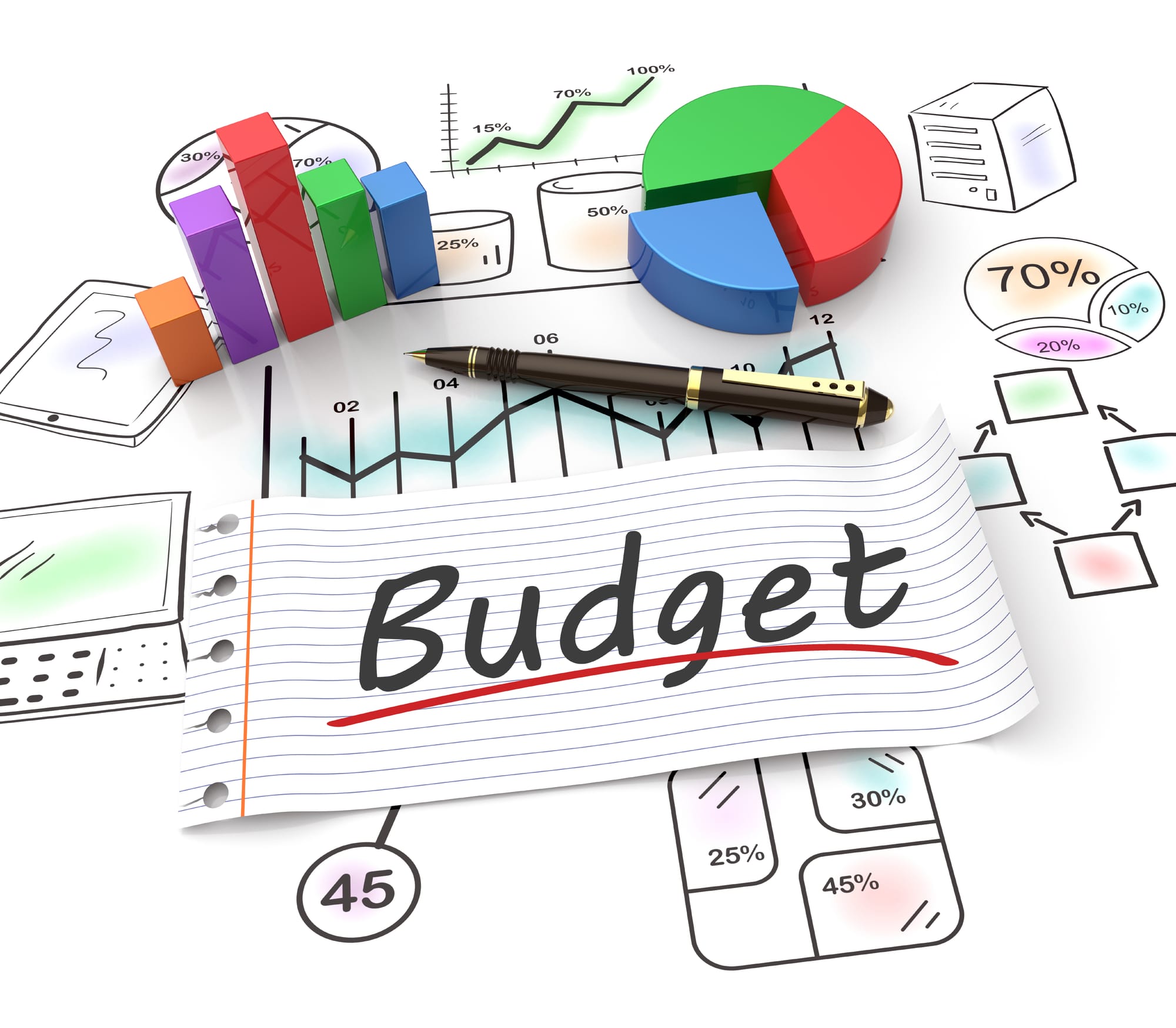Develop a Budget and Financial Projections

Starting and operating a small, single-person business is a significant and rewarding venture. However, one of the critical elements that often determine the success and sustainability of your business is the ability to develop a comprehensive budget and accurate financial projections. This step cannot be overstated, as it not only sets the financial direction of your business but also provides a roadmap for achieving your business goals. In this article, we will discuss why creating a budget and financial projections is crucial and offer practical suggestions on how to accomplish this effectively.
Why Budgeting and Financial Projections Are Important Financial Stability:
A well-structured budget helps you manage your resources better, ensuring that you have enough funds to cover your expenses, reinvest in your business, and save for future needs.
Informed Decision-Making:
Financial projections give you the insight needed to make informed business decisions. Whether it's planning for expansion, hiring additional help, or investing in new technology, understanding the potential financial impact of these decisions is crucial.
Goal Setting and Tracking:
Budgets and financial forecasts allow you to set realistic financial goals and track your progress towards these goals. This can help keep you motivated and informed about the health of your business.
Attracting Investors:
Even if you are operating a single-person business, there may come a time when you need external funding. A clear budget and financial projections can demonstrate to potential investors or lenders that you have a solid plan for managing your finances.
How to Develop a Budget and Financial Projections
1. Define Your Business Expenses
Start by identifying all the costs associated with running your business. These can typically be divided into fixed and variable expenses.
- Fixed Expenses: These are costs that remain constant regardless of business activity. Examples include rent, insurance, and salaries (if any).
- Variable Expenses: These costs fluctuate based on the level of business activity. Examples include raw materials, shipping costs, and utilities.
2. Estimate Revenue
Estimating your revenue involves predicting how much money your business will make over a certain period. This can be challenging for new businesses, but you can base your projections on market research, past sales data (if available), and industry benchmarks.
- Market Research: Analyze your target market, understand customer demand, and study the competition.
- Past Sales Data: If you have been operating for a while, use your sales history to forecast future revenue.
- Industry Benchmarks: Look at industry reports and case studies to understand typical revenue figures for businesses similar to yours.
3. Create Financial Projections
Financial projections typically include income statements, cash flow statements, and balance sheets.
- Income Statement: This shows your projected revenues and expenses over a specific period, helping you understand your potential profitability.
- Cash Flow Statement: This details how cash is expected to flow in and out of your business, ensuring you can meet your financial obligations.
- Balance Sheet: This provides a snapshot of your business’s financial position, including assets, liabilities, and equity at a given point in time.
4. Use Budgeting Tools and Software
There are numerous tools and software designed to help small business owners manage their finances. These tools can streamline the process of creating and maintaining a budget.
- Spreadsheet Software: Programs like Microsoft Excel or Google Sheets offer customizable templates for budgeting and forecasting.
- Budgeting Software: Tools like QuickBooks, Xero, or Wave provide comprehensive financial management, including expense tracking, invoicing, and financial reporting.
5. Monitor and Adjust Regularly
A budget is not a static document. Regularly review your financial performance against your projections and adjust your budget as necessary. This helps you stay on track and make necessary adjustments in response to changing business conditions.
6. Seek Professional Guidance
If financial planning feels overwhelming, consider seeking the assistance of a financial advisor or accountant. These professionals can provide valuable insights and help you create accurate and realistic financial plans.
Conclusion Developing a budget and financial projections is an essential practice for anyone looking to start and operate a small, single-person business. By understanding your financial situation and planning accordingly, you are laying the foundation for a stable and successful business. Use the tools at your disposal, stay informed, and don't hesitate to seek professional help when needed. With a solid budget and financial projections, you can navigate your entrepreneurial journey with confidence.